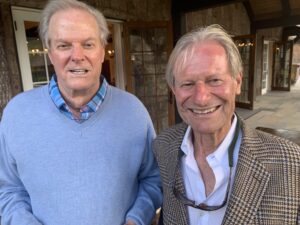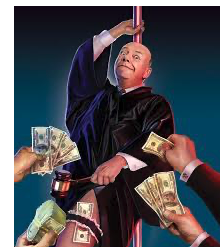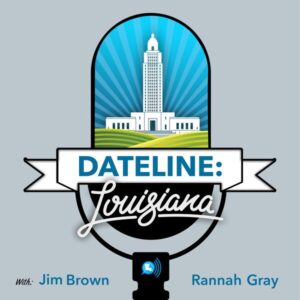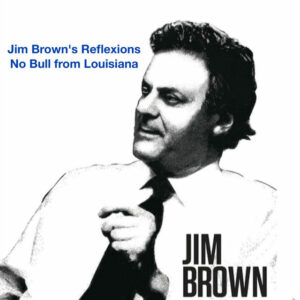|
Jim Brown Audio Player
Getting your Trinity Audio player ready...
|

My good friend from college days at the University of North Carolina died recently. Jim Rushton wrote 18 books. He was a historian and novelist, and he provided a 96-page “interrogation” memo for David Frost’s TV interviews that prodded Nixon to admit, “I let the American people down” over Watergate. He was a great athlete at Carolina, and still holds the record for scoring the most goals in a soccer match there. We last visited in Linville, North Carolina on his book tour a year ago. During our Carolina days, Jim and I would have dinner each evening at the Phi Delta Theta fraternity house. I wish our conversations had been recorded as we made a gallant effort to solve most of the world’s problems. Jim was 82 years old and died of cancer. I will sure miss my friend of 70 years. To read his full biography, Click Here.









